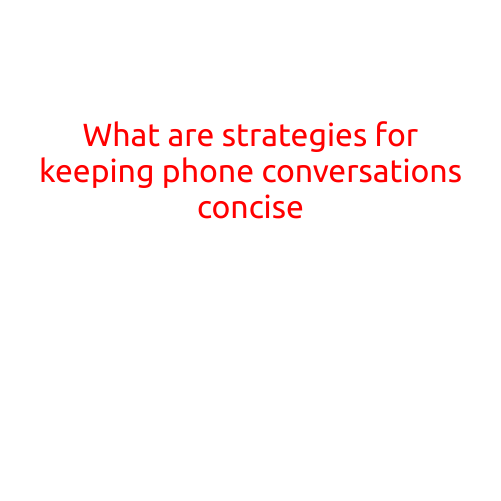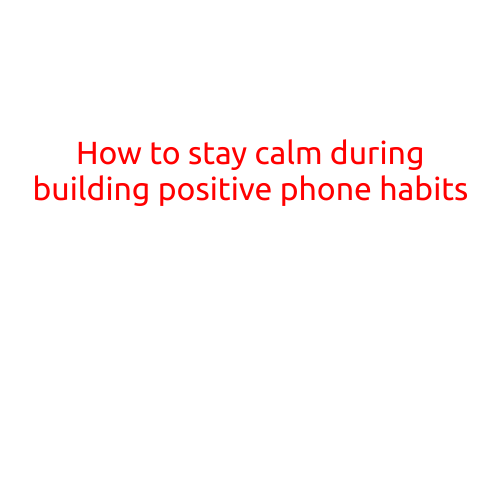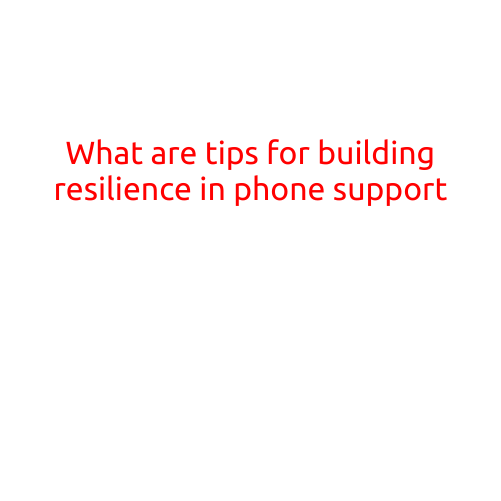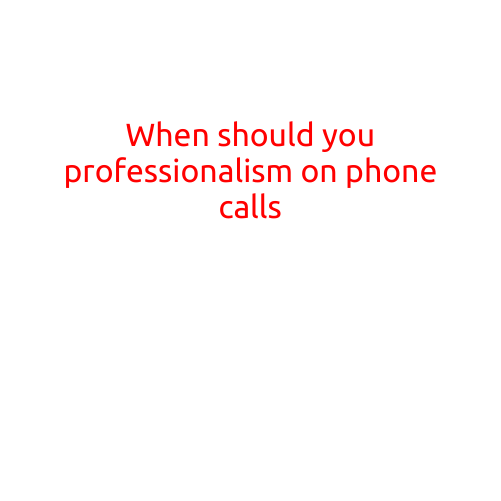
What are Strategies for Keeping Phone Conversations Concise?
In today’s fast-paced world, our time is valuable, and we often find ourselves juggling multiple tasks and responsibilities. When we’re on the phone, it’s easy to get caught up in lengthy conversations that can quickly derail our schedules. Being concise and effective in our communication is crucial to staying on track and ensuring that we’re using our time wisely. In this article, we’ll explore strategies for keeping phone conversations concise and productive.
1. Prepare Beforehand
Before making a call, take a few minutes to prepare by:
* Reviewing your agenda and the purpose of the call
* Considering the key points you want to cover
* Anticipating potential questions or concerns
This preparation will help you stay focused and ensure that you’re providing the most relevant information.
2. Get to the Point Quickly
When you initiate the conversation, aim to get to the point quickly. Avoid lengthy introductions or small talk. Instead, start by stating the purpose of the call and the key issue or question you want to discuss.
3. Use Clear and Concise Language
When communicating over the phone, it’s easy to get bogged down in unnecessary detail or jargon. Keep your language simple, clear, and concise. Avoid using technical terms or complicated concepts unless they’re absolutely necessary.
4. Practice Active Listening
Active listening is essential for keeping phone conversations concise. Pay attention to the other person’s words, body language, and tone. This will help you:
* Understand their needs and concerns
* Avoid misunderstandings
* Stay on track and focused
5. Set a Timer (Optional)
If you’re prone to getting carried away, consider setting a timer for the call. This can help you stay on track and ensure that the conversation remains concise.
6. Focus on One Topic at a Time
Try to stick to one topic per call. Avoid multitasking or jumping from one issue to another. This will help you stay focused and ensure that you’re providing thorough and effective solutions.
7. Avoid Long-Winded Responses
When responding to questions or concerns, aim for brief and concise answers. Avoid lengthy explanations or tangents. If necessary, offer to follow up with additional information or resources via email or a subsequent call.
8. Use Verbal Cues
Verbal cues such as “Let me summarize” or “To confirm, is it…?” can help you stay on track and ensure that the conversation remains concise.
9. Wrap Up the Call
Before ending the call, take a moment to summarize the key points and action items discussed. This will help ensure that both parties are on the same page and can refer back to the conversation if needed.
10. Review and Follow Up
After the call, take a few minutes to review the key points and action items discussed. Follow up on any outstanding tasks or commitments and ensure that you’re staying on track.
By implementing these strategies, you’ll be able to keep phone conversations concise, productive, and effective. Remember to stay focused, clear, and concise, and you’ll be well on your way to maximizing your time and achieving your goals.





